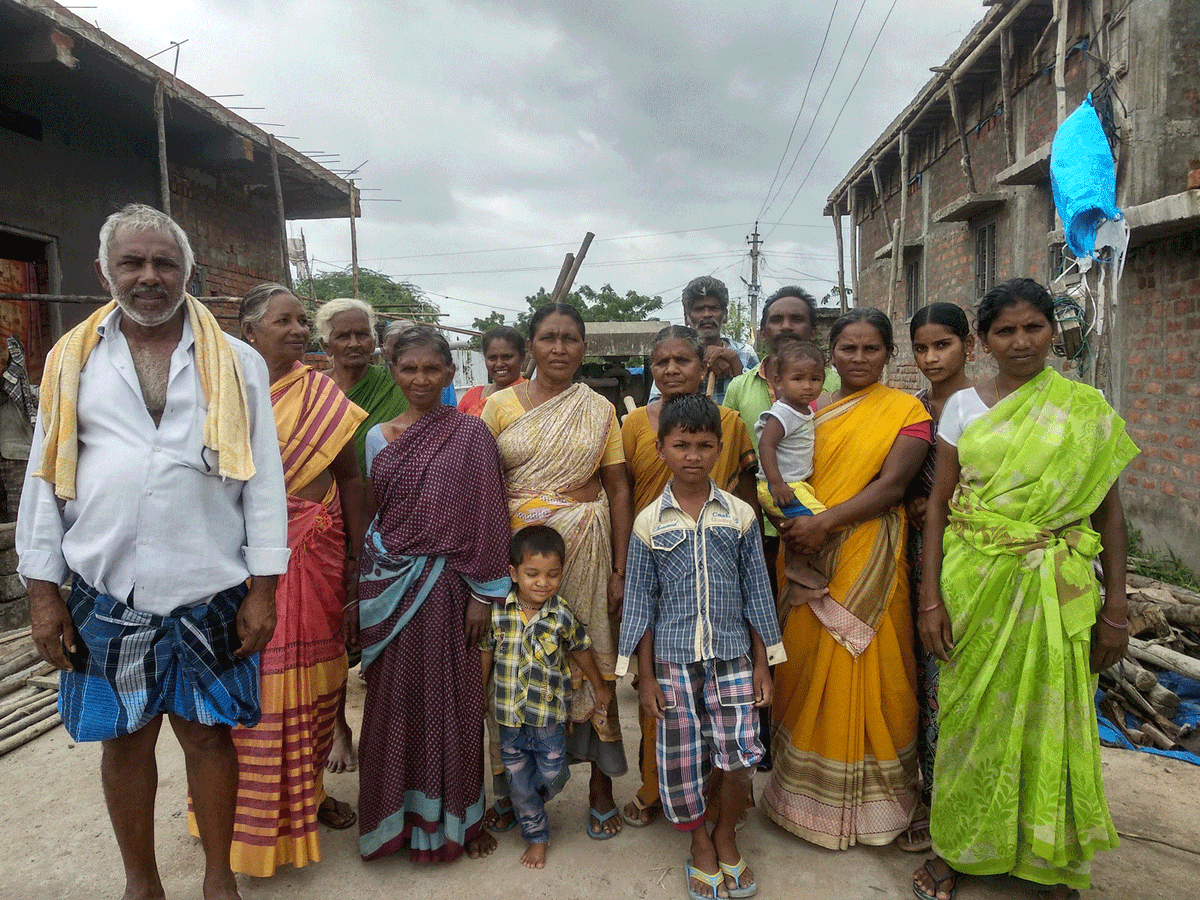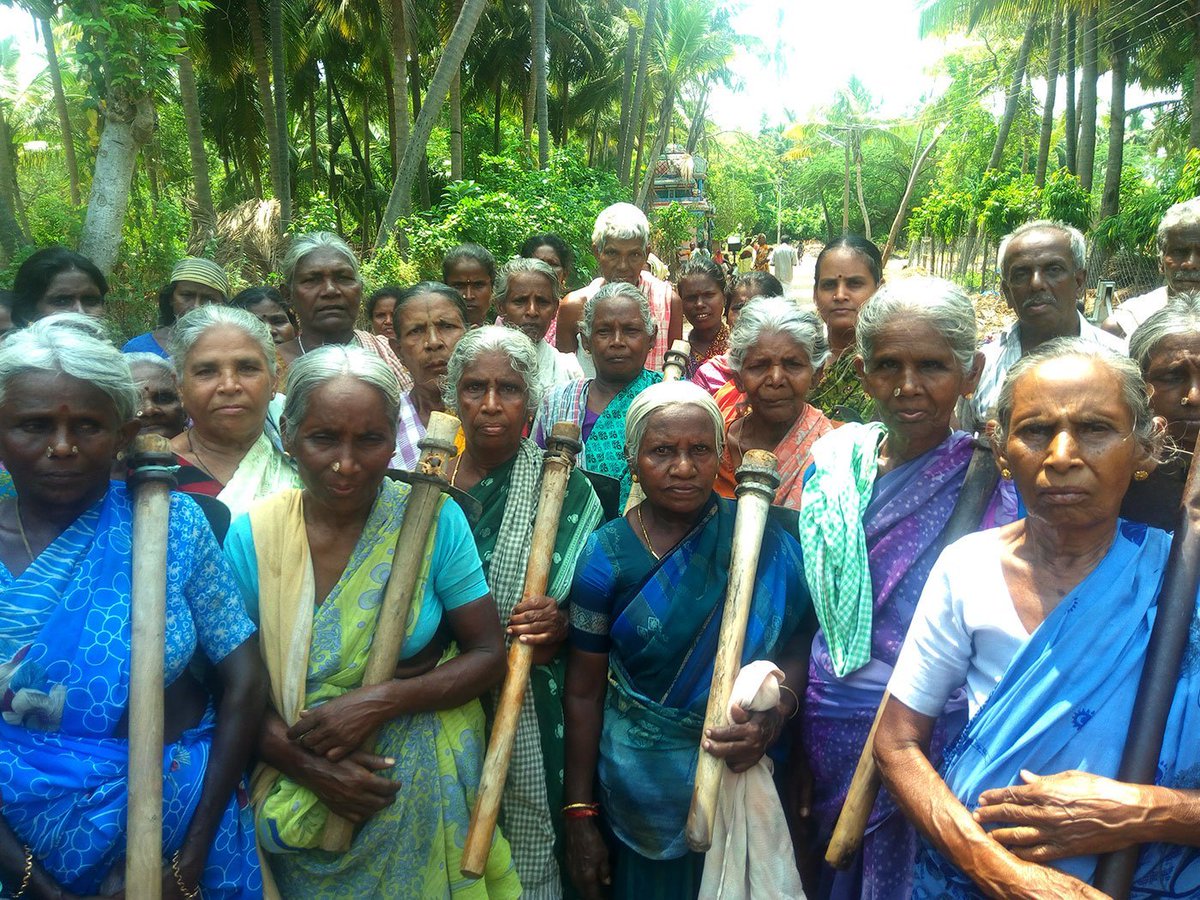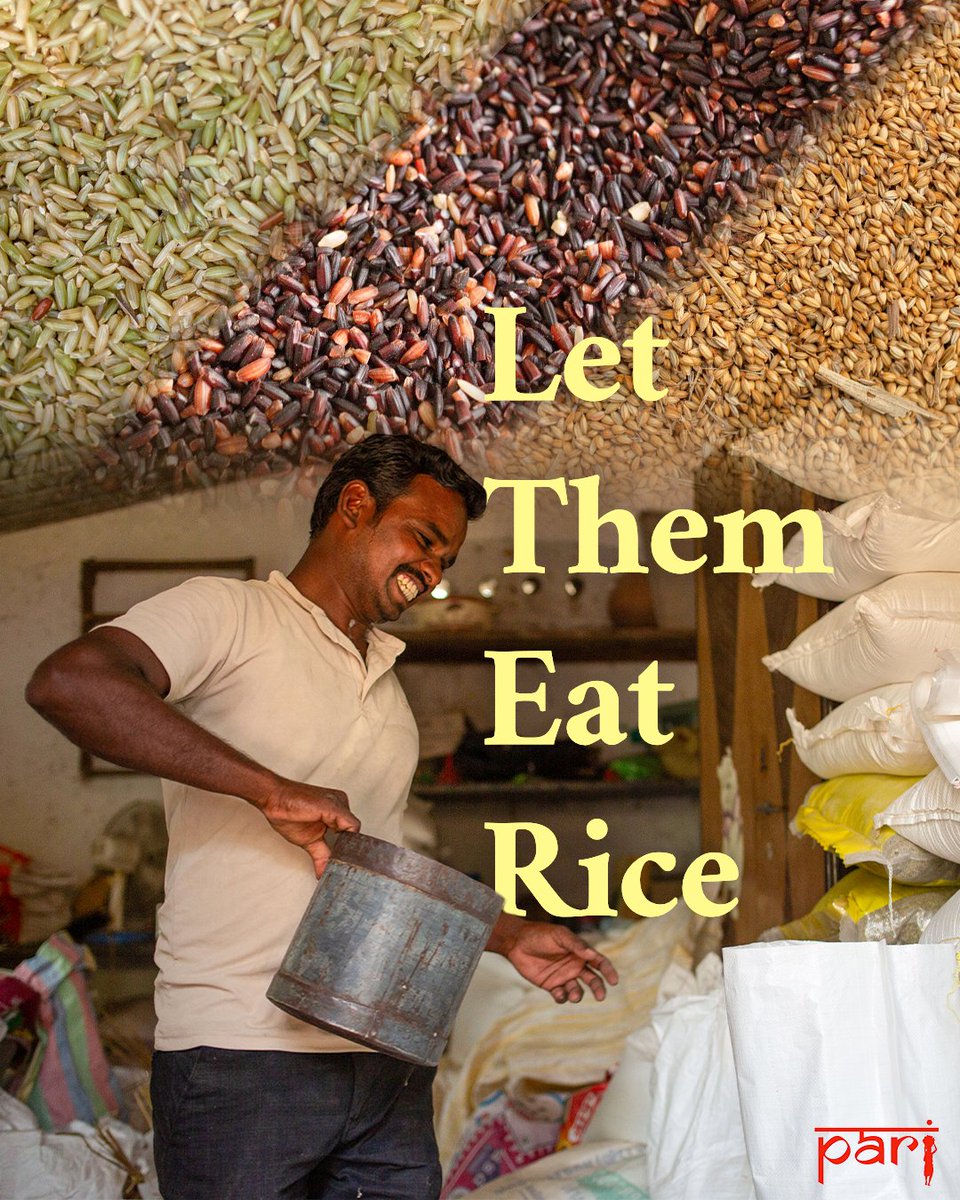Named after #MahatmaGandhi, the #MGNREGA, one of the largest #publicworks programme in the world, came about because of inadequate govt schemes that weren't meeting the demand for #rural #employment. ruralindiaonline.org/library/resour… 

Recognizing there was persistent #unemployment in rural areas – and no #SocialSecurity mechanism for the #poor, the #MGNREGA aims to provide #wage #employment to poor #rural households, strengthen rural #livelihoods, and ensure #socialinclusion. #GandhiAt150
The Act guarantees that state govts will set up schemes to provide no less than 100 days of #employment in one financial year to every rural household whose adult members volunteer to do unskilled manual #work.
The law also states that the government may make provisions for work over and above the 100-day minimum. If the government is unable to provide work, it must ensure #unemployment #compensation.
Anyone above the age of 18 in a notified rural area can seek work. However, only one person per household is entitled to employment. #MGNREGA guarantees “unskilled manual work” or any physical work that an adult is capable of doing without special #skill or #training. 

Every person will receive #wages for each day of work. Payments will be made on a weekly or, at the latest, fortnightly basis. While the central govt can specify a #wage rate, the standard is the minimum wage for #agricultural #labourers fixed under the #MinimumWages Act, 1948.
Importantly, MGNREGA specifies that the #wages earned cannot be less than Rs. 60 per day.
#MGNREGA directs that if an eligible person is not given work within 15 days of applying for it, the govt. must provide him/her with a daily #unemployment allowance at a rate prescribed by the state government. However, this rate can't be less than the min specified by the law.
Schedule 2 lays out the minimum facilities that must be provided to labourers. These facilities include crèches and drinking water. The schedule also mandates the #welfare of #workers (in particular, compensation for injury) as well as grievance redressal mechanisms. 

Ppl eligible for employment will work on projects covered by schemes of their respective states. The Act says that the projects prioritised will include #water conservation & harvesting,#drought proofing, #irrigation #infrastructure, #flood control,#sanitation & #infrastructure.
The schemes will also seek to diversify #rural #employment and encourage people to work in #fisheries, #sericulture, #horticulture and so on.
Gram #panchayats are the primary implementation agencies for #MGNREGA; they plan & implement the employment schemes. The gram panchayat is required to provide work within 15 days of the application failing which an #unemployment #allowance must be given to the applicant.
Under this Act,the central govt has set up the National Employment Guarantee Fund to cover expenses incurred on implementing the #law & sanctioning #grants to states and UTs. In turn, state govts have set up State Employment Guarantee Funds to implement the #employment schemes.
The Act’s implementation is reviewed and monitored by the Central Employment Guarantee Council at the central level and State Employment Guarantee Councils in all the states.
During crises,MGNREGA is an imp source of income,such as for the elderly battling drought in the Cauvery delta ruralindiaonline.org/articles/at-a-…, but MGNREGA funds are often misappropriated: ruralindiaonline.org/articles/a-was… & hard earned wages often lost to #Aadhaar glitches ruralindiaonline.org/articles/aadha… 

• • •
Missing some Tweet in this thread? You can try to
force a refresh






















